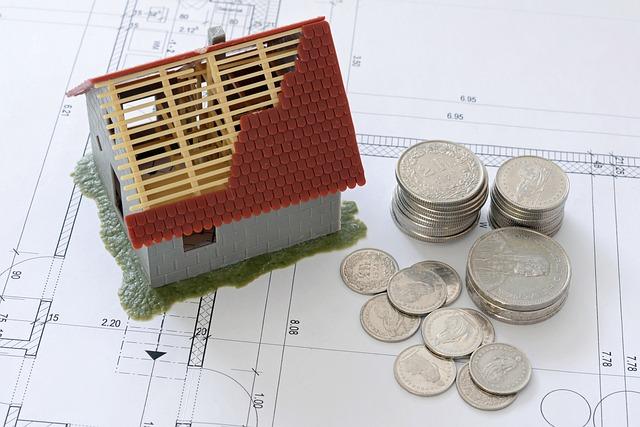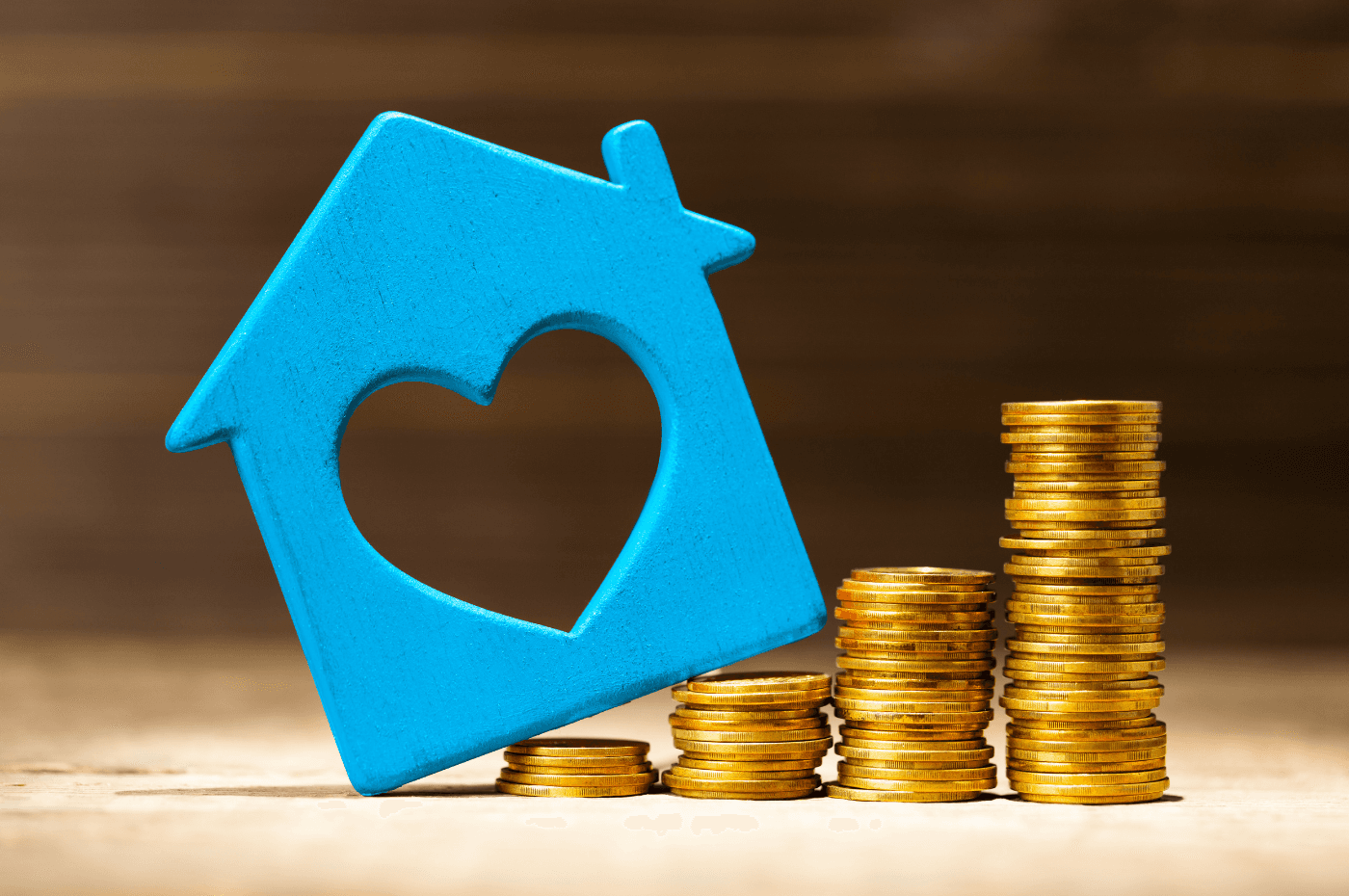Are you looking to finance home renovations or a new investment? Did you know that equity can be a valuable tool to help you achieve these goals?
But what exactly is equity, and how can it be utilized? We’ll explain everything you need to know about it and how it’s calculated.
What is equity?
Equity, or net worth, represents the portion of your home that you truly own, calculated as the property’s market value minus the outstanding mortgage balance. When you own a home and are making mortgage payments, you build equity over time.
To determine your home’s value, the lender will typically hire a certified appraiser to assess its market value. They usually lend you up to 80% of that value, subtracting the remaining mortgage balance to provide financing at a competitive rate.

A powerful real estate leverage
Equity serves as a powerful tool for leveraging your real estate investments. As you pay down your mortgage, your equity grows, meaning you own a larger portion of your home.
Additionally, if the property’s market value appreciates, your equity can increase even further. This combination of decreasing mortgage balances and rising property values enhance your investment potential.
How to calculate the equity of a home
-
Visit by the certified appraiser
Before approving the loan, the bank takes essential precautions to protect its investment. If the borrower defaults, the bank needs to ensure it can reclaim the house and sell it. This risk management allows the lender to offer equity to the borrower.
To establish the property’s value, the bank hires a certified appraiser. This professional visit the home to evaluate its features and determine its market price. After the assessment, there are three possible outcomes:
- The value of the house has increased.
- The value has decreased.
- The value has remained stable.
-
Calculating equity
Let’s consider an example: you purchased a house for $200,000 a few years ago, and you currently owe $80,000 on your mortgage. After making some renovations and with rising property prices, a certified appraiser determines that your home’s new market value is $240,000. Typically, you can access up to 80% of this amount.
Here’s how to calculate your available equity:
1. Calculate 80% of the new market value:
$240,000 x 80% = $192,000
2. Subtract your remaining mortgage balance:
$192,000 - $80,000 = $112,000
So, your available equity in the home would be $112,000.

How to access equity?
Once you know the amount of equity in your home, there are several methods to access it.
-
Mortgage refinancing
One common way is through mortgage refinancing, which involves renegotiating your existing loan. With refinancing, you can tap into up to 80% of your property's market value, minus your remaining mortgage balance. This option allows you to secure new loan terms, potentially at different interest rates than your original mortgage.
Typically, a certified appraiser will evaluate your home as part of the refinancing process. However, you might not need an appraisal in certain situations, such as when:
- You have a low loan-to-value ratio.
- You’ve had a recent appraisal of your home.
- You possess a very good credit score.
2. Obtain a home equity line of credit (HELOC)
The second option for accessing equity is to secure a line of credit against your home. This approach allows you to refinance up to 80% of your property’s market value. There are two main types of lines of credit:
Combined Home Equity Line of Credit with a mortgage
Also known as a home equity loan, this allows you to finance up to 80% of the purchase price or current market value of the home. However, any amount above 65% must be secured through a fixed-term mortgage.
Standalone Line of Credit
With this option, you can access up to 65% of your home’s purchase price or market value. This line of credit is secured by your home but is not linked to an existing mortgage, meaning it won’t increase as you make mortgage repayments.
3. Take out a second mortgage
Another way to access equity is by taking out a second mortgage. This option enables you to secure a new loan, which can be used to purchase a second property without requiring a down payment.
In this scenario, you’ll be repaying two mortgages simultaneously, each with its own interest rate. This approach is frequently used by real estate investors looking to expand their portfolios quickly and effectively.
How to use equity?
Equity can be a valuable financing tool for a variety of life projects, including:
- Purchasing a house, cottage, or condo.
- Investing in a commercial property.
- Buying land.
- Funding home improvements or renovations.
- Consolidating high-interest debts.
What is a gift of equity?
This approach can be particularly beneficial when parents assist their children in purchasing the family home. The young buyer can buy the property without a down payment and avoid the need for mortgage insurance, making homeownership more accessible. A gift of equity allows for the transfer of property value under specific conditions:
- The recipient must be a close family member.
- The equity must be used to buy a property already owned by a relative.
In this scenario, the transfer can occur at a reduced price, with the difference between the market value and the sale price acting as a down payment. As with traditional equity transactions, a certified appraiser is involved to ensure the property is not significantly undervalued.
Looking for an expert to determine your property's market value?
XpertSource.com can help you find a certified appraiser. When you tell us about your project, we put you in touch with qualified resources for FREE. Simply fill out our form ( it only takes a few minutes ) and we will connect you with professionals.

